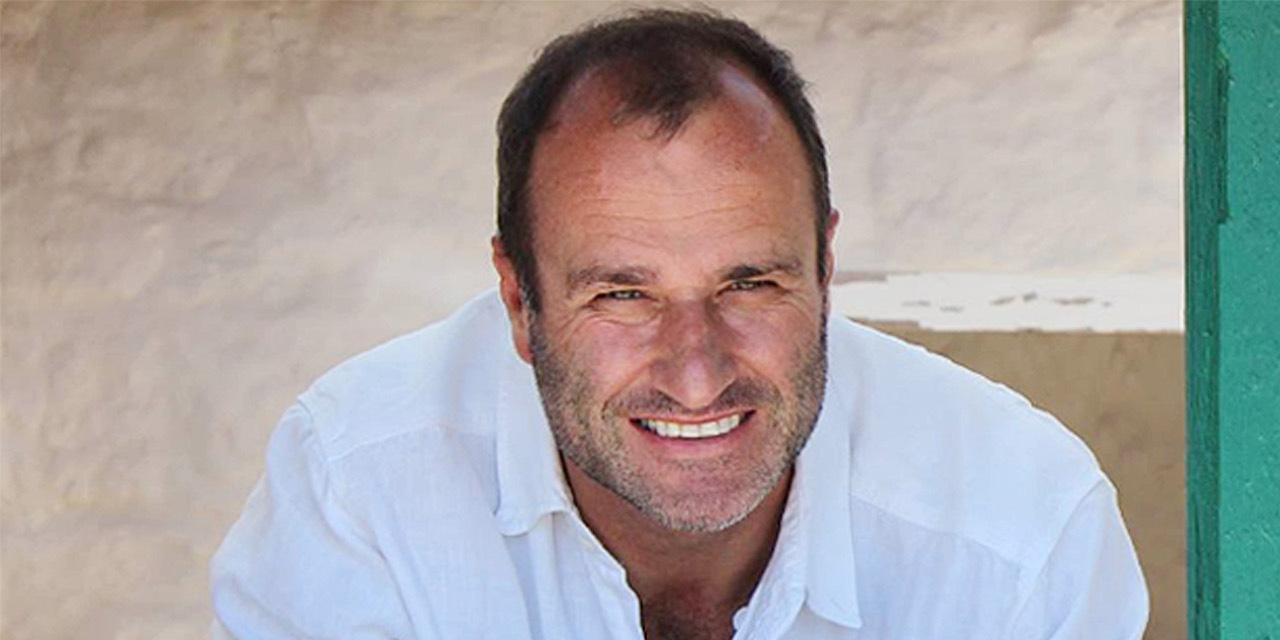Andrew Kathindi
With less than two months before the Fishrot pre-trial in the High Court, Government is yet to begin the extradition process of lawyer Maren De Klerk, dubbed “paymaster” of millions of state funds from Fishcor.
De Klerk, who has been indicted by the Prosecutor-General (PG), Martha Imalwa, has been in South Africa for over a year. Director of the Anti-corruption Commission (ACC), Paulus Noa, said the extradition process is initiated by the Ministry of Justice. But the Justice ministry Head of Legal Services responsible for extraditions, Simataa Lennon Limbo, denied this. “No request for Meren De Klerk lies with MoJ at the moment. The journo [sic] must liase with Anti-Corruption Commission of Namibia and the PG,” Limbo said.
The PG decided last December to arraign the Fishrot accused, including de Klerk before the High Court and the case is set for pre-trial on 22 April.
De Klerk is accused of using his law firm to funnel over N$70 million in fishing quota fees at the behest of fellow co-accused, and former client and former Justiceminister, Sacky Shanghala.
ACC Director Noa told Windhoek Observer that the extradition matter was not simple. “Extradition is handled by the office of the Ministry of Justice. It’s not handled by Anti-Corruption Commission. It’s a process when it comes to extradition. There are laws and procedures that need to be followed. Those procedures and laws must be followed if you want to request someone to be extradited into your country. And I’m sure that the Ministry of Justice is on top of that if they want him to be extradited.”
Imalwa stated that she was aware that an extradition request was being worked on but de Klerk’s dual Namibian-South African citizenship was complicating the matter. “You know how the procedure works. The Ministry of Justice and ACC prepare documents on that. I don’t work on documents for extradition. I know people are working on the extradition request.”
“We can’t force a country to extradite its own citizen. But we know how we can handle the case.” The PG said that she was bound by the Criminal Procedure Act, which determines who should be called as a witness and that as she has indicted that process has begun. “If he pleads guilty, I can’t deny him being a state witness. Only once he is convicted and sentenced, however, can he then come and serve as a witness.”
She further said that even if the documents had been before her office, she could not reveal details of extradition as it could tip off de Klerk, whom she considers a flight risk in South Africa already.
“I have worked with the accused person. I know how their mind works. Are we not warning the criminals if we start to do that.”
Ombudsman John Walters recently met with de Klerk at the lawyer’s request to lay a complaint over the leaked affidavit and confided in him that no extradition papers have reached him.
“I asked him, has extradition proceedings gotten underway or do you know of it? He said ‘no’. I asked him, are you a witness? he said ‘I don’t know’. He assumes he’s a witness because he made an affidavit,” Walters told Windhoek Observer.
“As far as my knowledge goes, no papers have been served on him yet. In my eyes he’s just a complainant, not a person of interest.”
Walters stated that de Klerk requested his presence after his affidavit leaked to the public. “After his affidavit, which he provided to the ACC was leaked to the public, his lawyers called me to say he alleges that his fundamental human rights to a fair trial, especially if he is to be prosecuted, have been violated.”
On whether they discussed the possibility of De Klerk testifying in court, he said, “That is out of my domain, it is out of my interest. I would overstep boundaries of my mandate to interfere in the legal process which still has to be followed in his case.”
In a leaked affidavit to the ACC, de Klerk stated that he would be willing to serve as a state witness, should he be offered immunity from prosecution.




